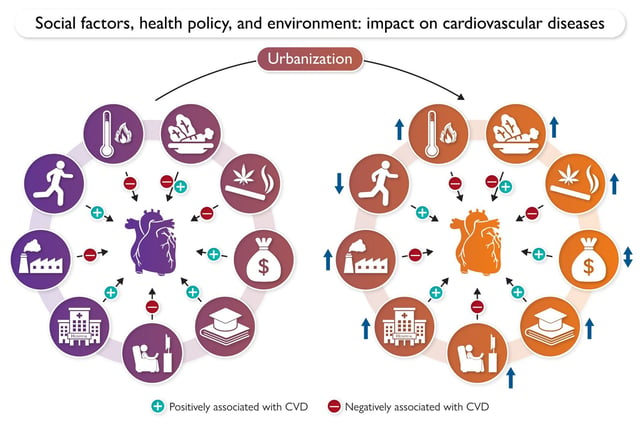Overview
- A systematic review led by Scott Lear critiques universal heart-health guidelines for being based largely on high-income country data, failing to account for diverse global realities.
- The study, published in the European Heart Journal, utilizes data from the PURE study, which has tracked over 212,000 participants across 28 countries since 2002.
- Researchers found that physical activity in low-income countries is often tied to labor and transportation, unlike the leisure-based exercise common in wealthier nations.
- Economic disparities mean many farmers in low-income countries cannot afford the recommended five daily servings of fruits and vegetables, with costs consuming up to 50% of household income.
- The findings call for tailored cardiovascular prevention strategies that address systemic inequities, including air pollution, healthcare access, and nutrition affordability.
